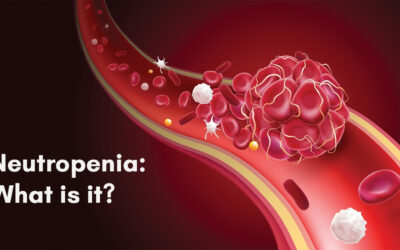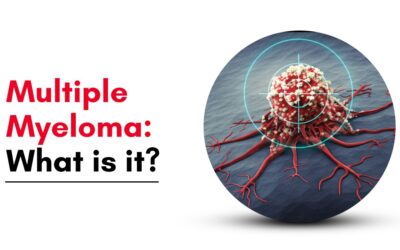Hormone Therapy
Hormonal therapy, a cancer treatment, involves altering hormone levels to prevent or slow cancer growth. It’s especially effective against hormone-sensitive cancers like breast and prostate cancer, and differs from menopausal hormone therapy.
What is Hormonal Therapy?
Hormonal therapy, also known as anti-hormonal or endocrine therapy, is a cancer treatment strategy that manipulates hormone levels in the body. Its primary function is to remove, block, or add specific hormones to inhibit the growth of certain cancers that rely on these hormones. This treatment differs significantly from menopausal hormone therapy, which is used to manage menopause symptoms.
Hormones, produced naturally by glands like the thyroid, adrenal glands, pancreas, ovaries, and testicles, regulate various bodily functions including growth, reproduction, and metabolism. Hormonal therapy aims to disrupt the cancer-promoting effects of these hormones. It is typically used alongside other cancer treatments such as surgery, chemotherapy, or radiation therapy, and can be applied in various stages of cancer treatment, including before surgery (neoadjuvant therapy) to shrink tumors, or after other treatments (adjuvant therapy) to reduce recurrence risk.
The therapy’s goals depend on the cancer type and stage, ranging from curbing cancer recurrence to slowing or stopping its growth. Hormonal therapy can also serve a palliative purpose, helping manage or alleviate cancer-related symptoms. It’s particularly effective against hormone-sensitive cancers like breast cancer, which may depend on estrogen and progesterone, and prostate cancer, which often relies on androgens like testosterone. Thyroid, uterine, adrenal, and neuroendocrine cancers are other examples where hormonal therapy can be impactful.
How Does Hormonal Therapy Fight Cancer?
Hormonal therapy combats cancer by intervening in the body’s hormonal environment, which certain cancers exploit for growth. By either reducing the production of specific hormones, blocking their action, or altering how they interact with cancer cells, hormonal therapy can effectively slow or stop the growth of hormone-dependent cancers. This approach is particularly effective against cancers like breast and prostate cancer, which grow in response to hormones like estrogen, progesterone, and testosterone. Hormonal therapy, therefore, offers a targeted strategy to curb cancer progression.
Types of Hormonal Therapy
Hormonal therapy encompasses various approaches depending on the type of cancer and hormone involved. Oral hormonal therapies, taken as pills or liquids, are commonly prescribed for home use. Injectable therapies, administered through shots, might be given in a clinic or self-administered at home. Surgical ablation, involving the removal of hormone-producing organs, is another approach, like removing the ovaries in breast cancer treatment or testicles in prostate cancer treatment. Hormonal therapies differ in frequency and duration, ranging from daily to intermittent use, and can span from a few years to a lifetime, depending on the cancer type and treatment objectives.
Request an Appointment
Call +91 8125 660 215
Blogs and Articles
Health articles that keep you informed about good health practices and achieve your goals.
Neutropenia: What is it??
Neutropenia is characterized by lower-than-normal neutrophil numbers in your blood. It is especially frequent among patients undergoing cancer therapies such as chemotherapy. Neutrophils have a role in fighting infections. If you have neutropenia, you should take...
Multiple Myeloma: What is it?
Healthy plasma cells help fight infections by producing proteins known as antibodies. Antibodies recognize and attack pathogens. Multiple myeloma is a malignancy that starts in a type of white blood cell known as a plasma cell. Multiple myeloma causes the accumulation...
Google Reviews
Dr Bharat A Vaswani’s genuine concern for my family’s well-being was evident throughout the consultation. He approaches with a holistic perspective, considering both immediate concerns and long-term solutions. Highly recommended!
Manty Tiple
Dr.Bharat Vaswani service is excellent as a Doctor. His counseling with patient is very good. He is an able and axpertise Doctor. I wish him a great success in his profession and family life.
Sudhakar Rampally
Dr. Bharat is a great doctor. He’s very understanding and listens to the health issue. He takes time with the patient to help..
Thanks again Dr Bharat Vaswani.
Rajpal Reddy

Services
Reach Us
Room No: 126, 1st Floor, Yasodha Hospital,
Kummari Guda, Shivaji Nagar, Secunderabad,
Telangana – 500 003
Call: 8125 660 215 | 9030 073 101
Email: Bharat@drbharatoncologist.com
© 2023 Bharat Ashok Vaswani. All Rights Reserved.
Developed by Markay Technologies


